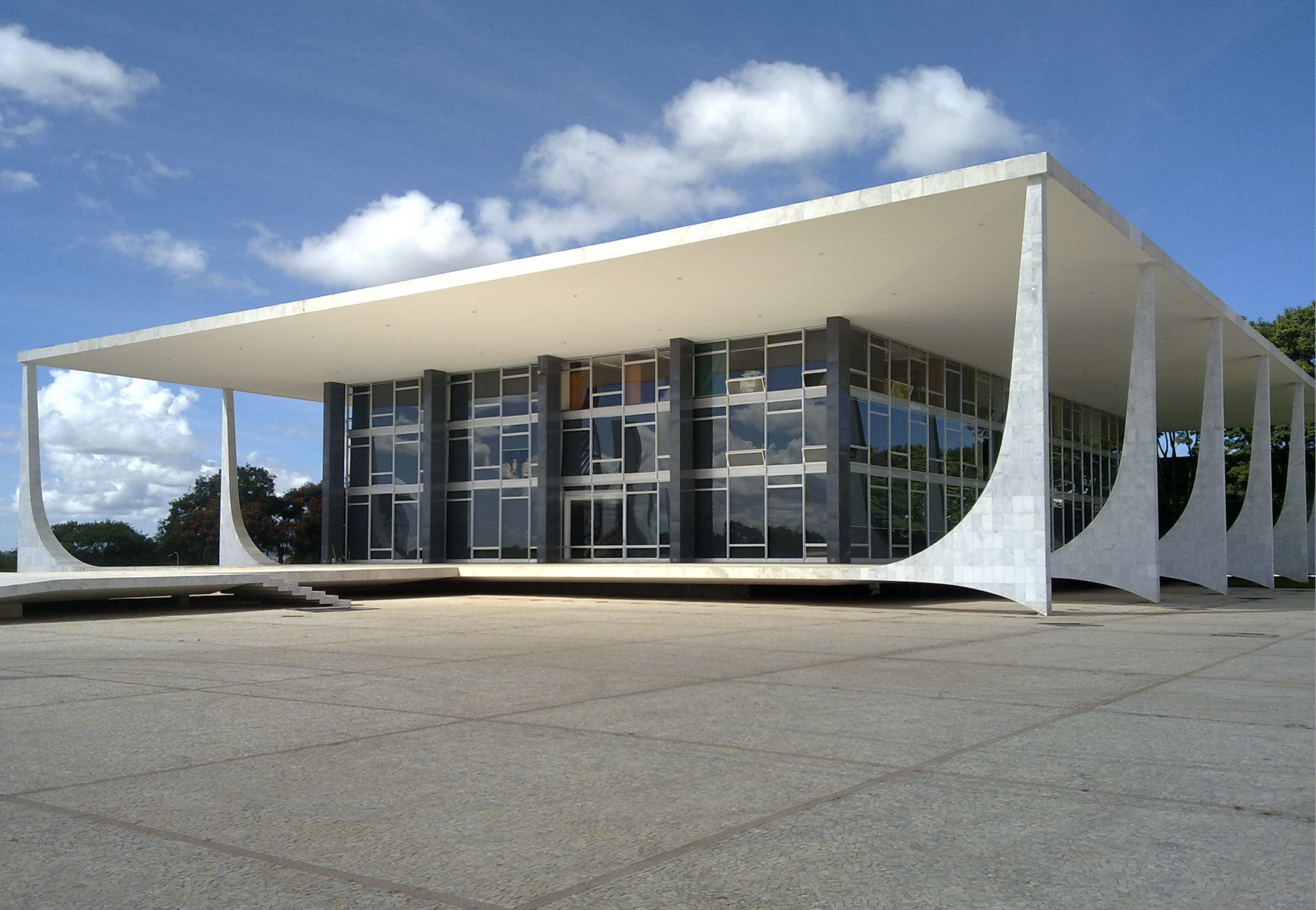On May 24, after eight full years of negligence, the Brazilian Supreme Court was supposed to rule in an Extraordinary Appeal which could result in the criminalization of drug possession for personal use being declared unconstitutional.
The voting had been officially scheduled by Rosa Weber, president of the Supreme Court. But on the day itself, the Court’s members spent the whole session deliberating on another case, without concluding their votes. The conclusion of that case was rescheduled for May 25. But voting on the Extraordinary Appeal and other cases slated for the 24th has inexplicably not been rescheduled for subsequent sessions.
It began with a routine case of injustice and abuse.
This, unfortunately, is nothing new for those who have been following the process. Our expectations have repeatedly been frustrated—with a delay in the start of the hearing, requests for reviewing the matter, and withdrawals from the Supreme Court’s sessions schedules. We will now have to wait for it to be officially included in the Court’s sessions again at an unknown future date.
Extraordinary Appeal 635659 was initially filed back in 2011—a testament to the justice system’s sluggishness in addressing such a critical issue. It began with a routine case of injustice and abuse.
In 2010, a man named Francisco de Souza was held in a pre-trial jail cell in São Paulo. During a surprise blitz by jail staff, he was found in possession of 3 grams of cannabis that were intended for personal use.
Souza was sentenced to two months of community service, based on Article 28 of Law 11.643 of 2006, the then-current drug law. As he was subsequently sentenced to 10 years of imprisonment for unrelated crimes, he ended up not doing those two months of unpaid work. After being tried and sent to a penitentiary, however, he did not escape further punishment for possessing an insignificant amount of cannabis. In 2015, he told O Globo that his rights to receive visits and sunbathe had been suspended for 30 days because of this.
According to Souza, the cannabis belonged to himself and to the other 32 men with whom he shared the cell, and that they used it before going to sleep. He also said that he had taken personal responsibility for its possession in order to avoid implicating others—or further implicating himself. Lest we forget, sharing drugs is legally regarded as intending to supply, which is punishable with a mandatory minimum sentence of five years for “drug trafficking.”
Souza’s case, however minor it may seem, drew the attention of those public authorities who are more concerned with justice and rights than with punishment and populism. His two-month community service sentence for possessing 3 grams of cannabis was deemed disproportionate and unconstitutional by the public defender of the state of São Paulo, who believed that it breached Souza’s rights to privacy and personal freedom.
In Brazil, according to 2006 and 2019 drug laws, it is not a crime to consume drugs—hence the notion, in reality completely theoretical, that drugs are “decriminalized” in the country. There is a rather important caveat: The possession of drugs, even in small amounts and when intended for personal use, can be legally penalized with fines or community service.
The case moved up to the federal Supreme Court. A hearing for the Extraordinary Appeal was initially scheduled in 2015, at which point three of the Supreme Court justices (there are 11 seats, though one is currently vacant) voted in favor of the appeal.
In his vote, Justice Gilmar Mendes, the appeal’s rapporteur, voiced his support by stating “that the criminalization of possession of drugs for personal use is unconstitutional, as it unnecessarily affects the right to free development of the personality, in its various manifestations, in a clearly disproportionate way.”
However, despite the three favorable votes, the hearing was abruptly halted when the late Justice Teori Zavaski requested additional time to review the matter. This legal mechanism, often employed to delay proceedings and rulings on cases seen as sensitive or undesirable, caused the appeal’s hearing to be deprioritized and repeatedly pushed aside.
Genuine decriminalization can only work when enshrined in the law, and a positive ruling would be a giant step in making that happen.
Eight years later, should the Supreme Court take the hearing forward and vote in favor of the Extraordinary Appeal, it has the potential to guide judges throughout Brazil in future cases of drug possession for personal use, and require changes to Brazilian drug law.
Still, two issues could hamper the significance of such a ruling. First, some of the justices still make a distinction between possession of cannabis and that of other drugs—and favor only the decriminalization of cannabis possession while remaining silent on other substances. And second, a positive ruling will not set thresholds for the quantities of drugs that qualify as “personal possession”—allowing continued enforcement based on the discretion of police officers and judges.
Additionally, there is no guarantee that other judges would abide by the precedent that the Supreme Court could set. And after a positive decision, we would still have to wait for the legislative and executive branches to change the law to abide by the Supreme Court’s interpretation of the constitution—something those branches would have a moral and legal duty to do.
But even with all those limitations, such a ruling would be hugely significant. Genuine decriminalization can only work when enshrined in the law, and this would be a giant step in making that happen. After many years of ducking this question, the Supreme Court’s latest indefinite delay is nothing short of shameful.
Photograph of Brazil’s federal Supreme Court by Everton 137 via Wikimedia Commons/Creative Commons 3.0





Show Comments